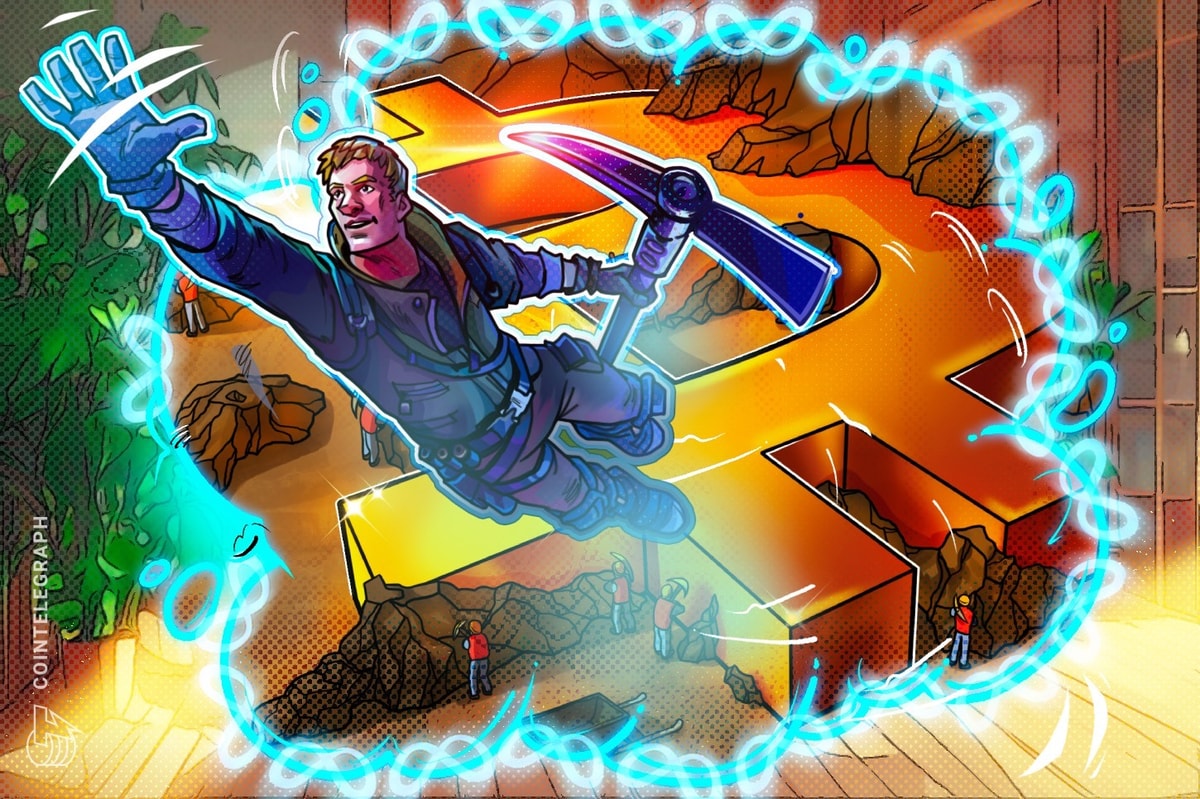The controversial topic of how social media platforms distribute ad revenue generated from user content came into the spotlight when Twitter’s new owner, Elon Musk, announced revenue-sharing plans with creators. In a tweet, Musk specified that the micro-blogging platform plans to share ad revenue with creators “for ads that appear in their reply threads.” However, no further updates followed the initial announcement, adding to the centralized social media giant’s infamy for being stingy when it comes to revenue sharing with people who create content on its platform.
Thanks to the inherent capabilities of blockchain, such as decentralization, faster settlement speeds and better security, revenue sharing has become much more reliable in the Web3 era. Users have found new ways to interact with platforms and get a share of the revenue generated from a wide range of activities on Web3 platforms — giving birth to the action-to-earn trend. The gaming world quickly embraced play-to-earn (P2E), where players earn from the overall revenue of an online video game by participating in in-game activities and trading game-specific nonfungible tokens (NFTs).
Web3 rewards users for consuming content
Watch-to-earn (W2E), a relatively new concept, aims to bring the same earning opportunities to a much wider audience — people who enjoy engaging with video content. Users can create and watch videos on a W2E service, receiving rewards for each like, view, comment or share. Coub, a video platform preceding TikTok and Instagram Reels, added a new type of video NFTs to the mix as part of its venture into the Web3 era.
As a video-sharing platform launched in 2012, Coub’s first foray into the Web3 space involves turning the video content on the platform into NFTs. Users can create looped, 10-second audiovisual mashups, eponymously named “coubs,” by mixing and matching online videos available across the internet with simple-to-use tools provided by Coub.
With the introduction of Web3 capabilities, starting with the non-custodial Coub Wallet, both viewers and creators can start earning rewards from their activities on the platform. Users will be able to mint coubs as NFTs for free. Coub NFTs would automatically generate W2E rewards as the video continues getting views, likes and other interactions. By putting videos on the built-in NFT Coub Marketplace, users can sell or auction NFT coubs, with all future W2E rewards on-chain split between the author and buyers.

Source: Coub Litepaper
How NFT coubs work
To ensure quality content on the NFT Coub Marketplace by avoiding spam reuploads or ghost-minting, Coub requires a listing fee for unlocking W2E rewards for NFT coubs. After minting an NFT for free, the creator can submit it to the validators network, where validators vote to accept or reject NFT coubs. If accepted, the NFT coub becomes eligible to generate W2E rewards, and the listing fee goes to Coub’s W2E Treasury. If validators vote against listing the NFT coub, it becomes only available for watching and trading, with the listing fee being sent back to the creator.
Coub seeks to make the new platform into a community-driven Web3 ecosystem for its 106 ‰million annual active users with the launch of CoubDAO. The COUB token will be the native token used for voting and validating rights as well as trading NFTs on the platform. Community members will earn vCOUB as the W2E reward token, which will also be exchangeable for COUB.
Just like how play-to-earn moves the gaming industry forward, watch-to-earn is also expected to revolutionize the way people interact with content on social media platforms. By offering rewards for simply watching or creating video content, W2E presents a gateway into Web3 for hundreds of millions of internet users who consume videos every day. By applying Web3 fundamentals to its established user base, Coub uses its decade-long expertise in online videos to reshape the social media landscape with a community-centric approach.
Disclaimer. Cointelegraph does not endorse any content or product on this page. While we aim at providing you with all important information that we could obtain, readers should do their own research before taking any actions related to the company and carry full responsibility for their decisions, nor can this article be considered as investment advice.












